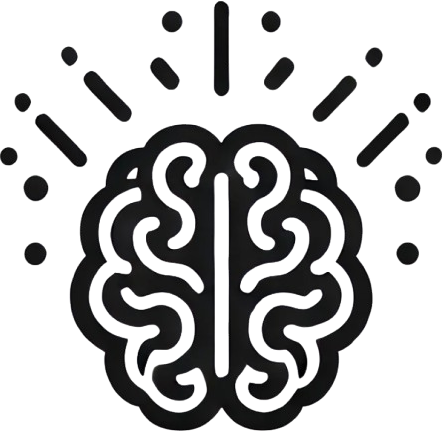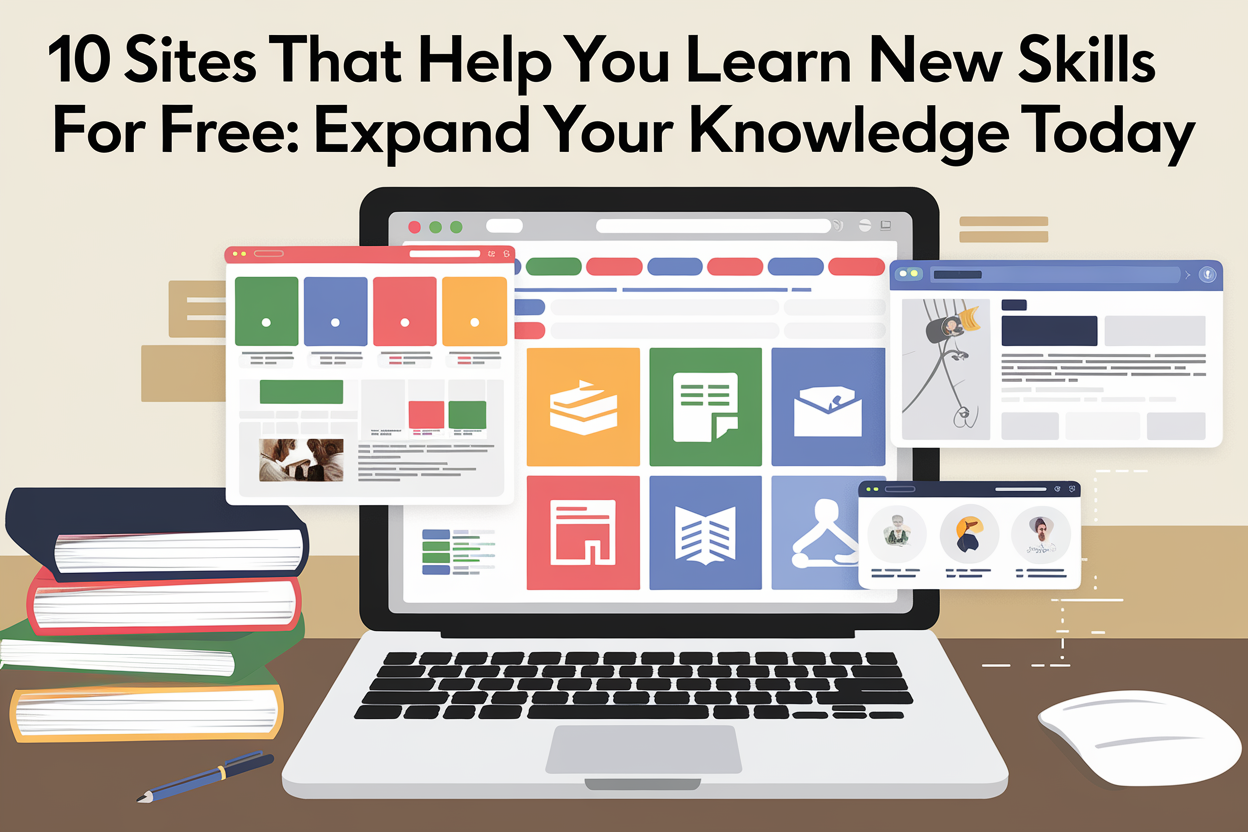Learning new skills can open doors to exciting opportunities. In today’s digital age, many websites offer free courses and resources to help people expand their knowledge and abilities. This is great if you prefer learning online as opposed to reading books.
These free online learning platforms cover a wide range of topics. From business and technology to creative arts and languages, there are options for almost any interest or career goal. Free online courses make it easy for anyone to learn at their own pace from home.
If you’re looking for learning with more of a community feel, check out these sites.
Khan Academy
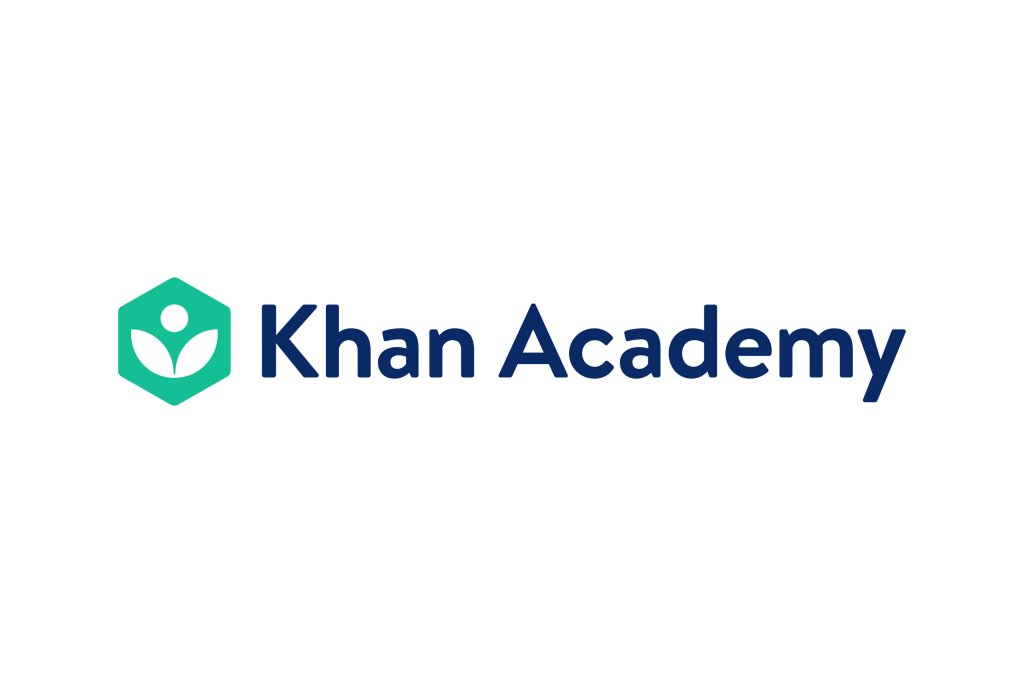
Khan Academy is a free online learning platform for students of all ages. It offers courses in math, science, history, and more.
The site was started by Sal Khan in 2008. It has grown to reach millions of learners worldwide.
Khan Academy’s goal is to give everyone access to quality education. They use short video lessons and practice exercises to teach concepts.
Students can learn at their own pace. Teachers can also use Khan Academy to help in their classrooms.
The site covers topics from basic math to college-level subjects. It’s a great resource for both kids and adults who want to keep learning.
Coursera’s Free Courses
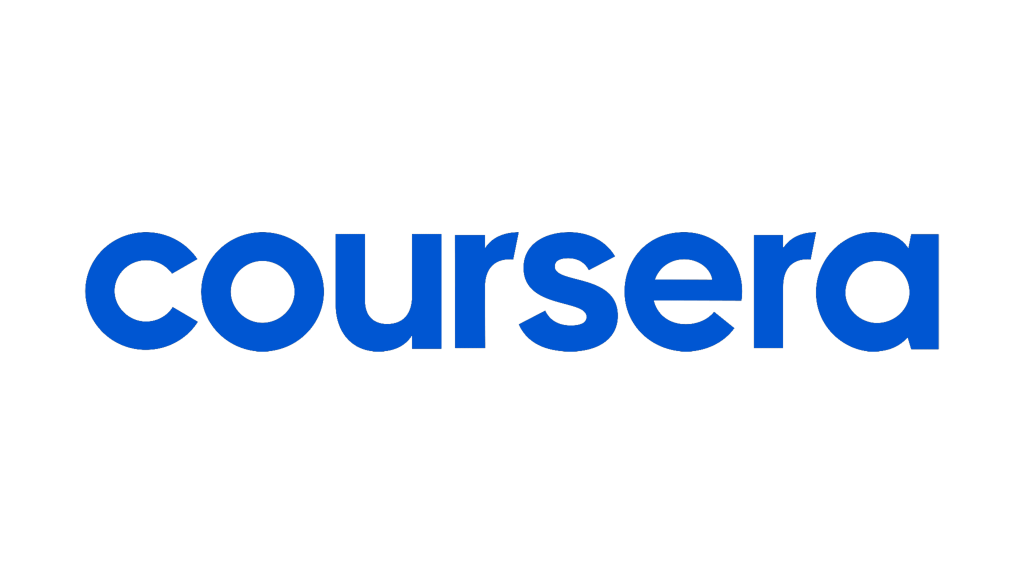
Coursera offers many free online courses. These cover topics like coding, data science, and personal growth.
Students can learn at their own pace. Many courses take less than a day to finish.
Coursera has over 1,800 completely free courses. This includes graded assignments.
Some of the most popular free Coursera courses have millions of enrollments. They come from top schools like Yale and Stanford.
Free certificates aren’t included. But learners still gain valuable skills and knowledge at no cost.
edX Access

edX is a leading platform for free online courses from top universities and institutions. It offers a wide range of subjects, from computer science to humanities.
Users can browse thousands of courses and programs on edX. Many classes are free to audit, allowing learners to access course materials at no cost.
For those seeking credentials, edX provides options to earn certificates or even full degrees. Some programs partner with prestigious schools like Harvard and Google.
edX makes learning flexible and accessible. Students can study at their own pace from anywhere with an internet connection.
Codecademy Free Plan
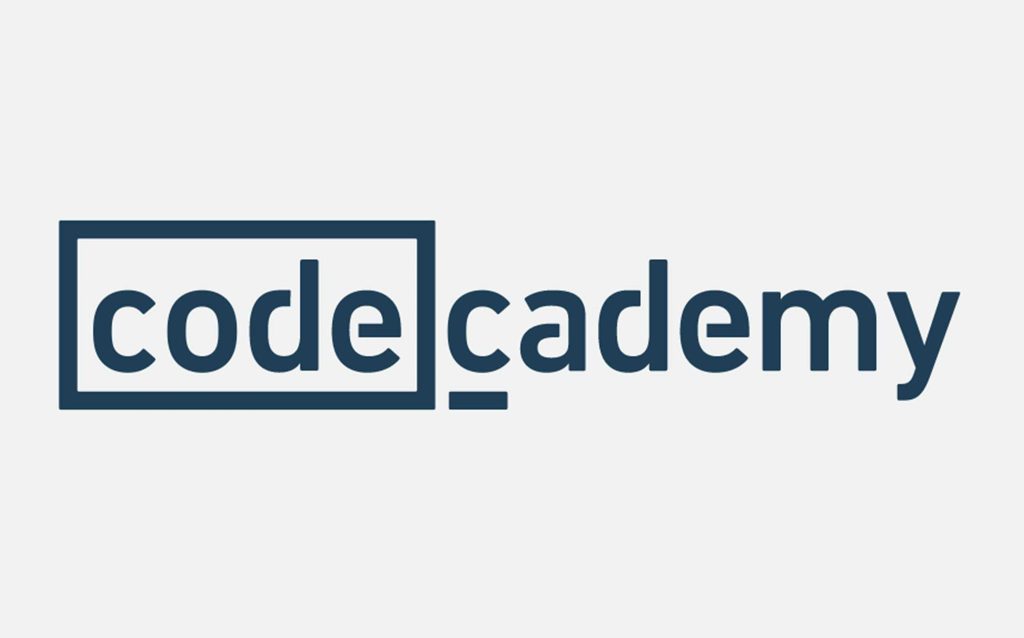
Codecademy offers a free plan that gives users access to basic coding courses. This plan lets people learn programming fundamentals without paying.
Users can explore languages like HTML, CSS, JavaScript, and Python. The free plan includes interactive lessons and coding exercises.
Codecademy’s platform is user-friendly and designed for beginners. It provides immediate feedback as users write code.
The free plan has limits compared to paid options. It doesn’t include all courses or features. But it’s a good starting point for learning to code.
Duolingo Language Lessons
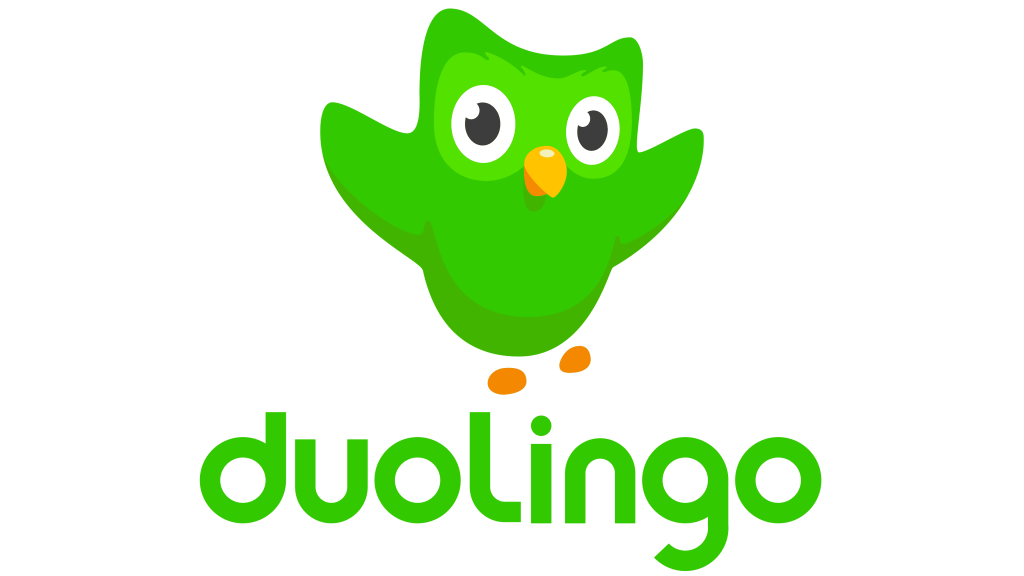
Duolingo is a popular free app for learning languages. It offers quick, bite-sized lessons in over 40 languages.
Users can practice speaking, reading, listening, and writing skills. The app uses a game-like format to make learning fun and engaging.
Duolingo’s lessons are designed by language experts. They adapt to each user’s level and learning pace.
The app is available on both mobile devices and web browsers. Millions of people worldwide use Duolingo to improve their language abilities.
MIT OpenCourseWare
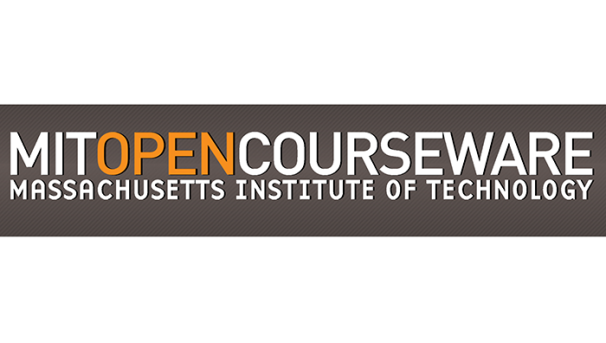
MIT OpenCourseWare is a free online platform that offers over 2,500 MIT courses. It provides access to high-quality teaching materials from one of the world’s top universities.
Users can find lecture notes, exams, and videos on various topics. The platform covers a wide range of subjects, including engineering, humanities, and social sciences.
MIT OpenCourseWare is part of MIT’s Open Learning initiative. It aims to make education accessible to anyone, anywhere, at any time.
The platform allows learners to study at their own pace. While it doesn’t offer certificates, it provides valuable knowledge for personal and professional growth.
Harvard Online Learning

Harvard University offers many free online courses. Anyone can take these classes to learn new things.
Harvard’s professional learning site has courses on many topics. You can study decision-making, policy, and leadership skills.
There are also science and tech classes. One course teaches weather forecasting without using computers.
Harvard’s free classes cover history, religion, and other subjects too. You can find over 145 free courses on edX, a learning platform.
These courses let people learn from top experts without paying tuition. They’re a great way to gain knowledge in your free time.
Udacity Free Trials
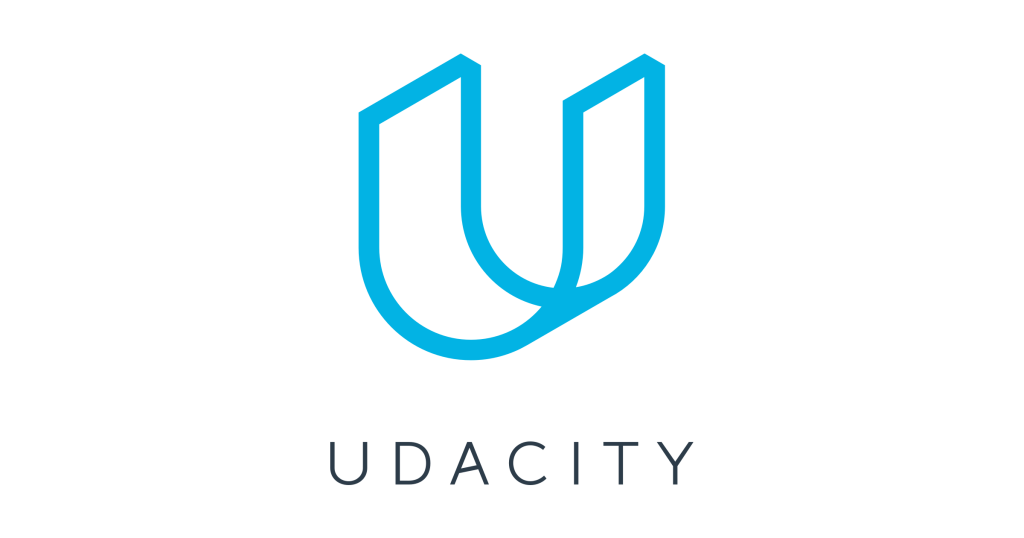
Udacity offers free trials for many of its courses and programs. These trials give users a chance to test out the platform and content before committing to a paid plan.
Free trial periods vary, but typically last 7-14 days. During this time, students can access course materials, quizzes, and projects at no cost.
Udacity’s free courses cover topics like programming, data science, and artificial intelligence. These allow learners to gain new tech skills without any financial commitment.
After the trial ends, users can choose to enroll in a paid Nanodegree program or continue with free course options.
Udemy Free Courses
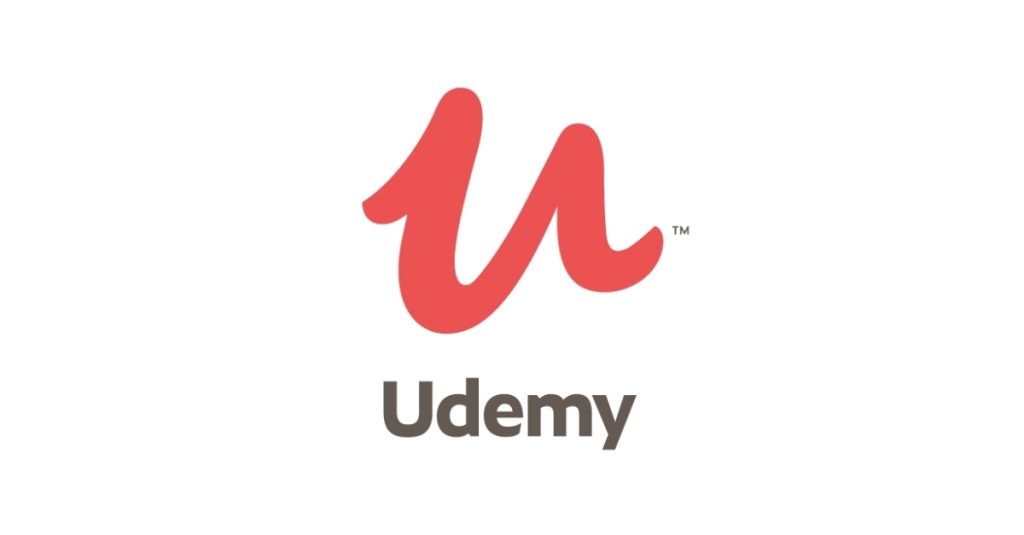
Udemy offers a wide range of free online courses on various topics. These include tech skills, productivity tools, personal growth, and more.
Students can learn new skills without spending money. The platform hosts courses on web development, data science, business, design, and marketing.
To find free courses, users can browse Udemy’s Free Resource Center. They can also filter search results to show only free options.
Many popular Udemy courses are available for free. These cover in-demand topics like programming, AI, cloud computing, and game development.
YouTube

YouTube is a great place to learn new skills for free. The platform has many educational channels that cover different topics.
Top YouTube channels offer free lessons on various subjects. These include coding, cooking, art, and more.
Many YouTube creators make high-quality tutorials. They explain complex ideas in simple ways. This makes learning easier for viewers of all levels.
YouTube’s search feature helps find specific lessons. Users can also save videos to watch later. This allows for flexible, self-paced learning.
The comment sections often provide extra tips from other learners. This creates a community feeling around each topic.
